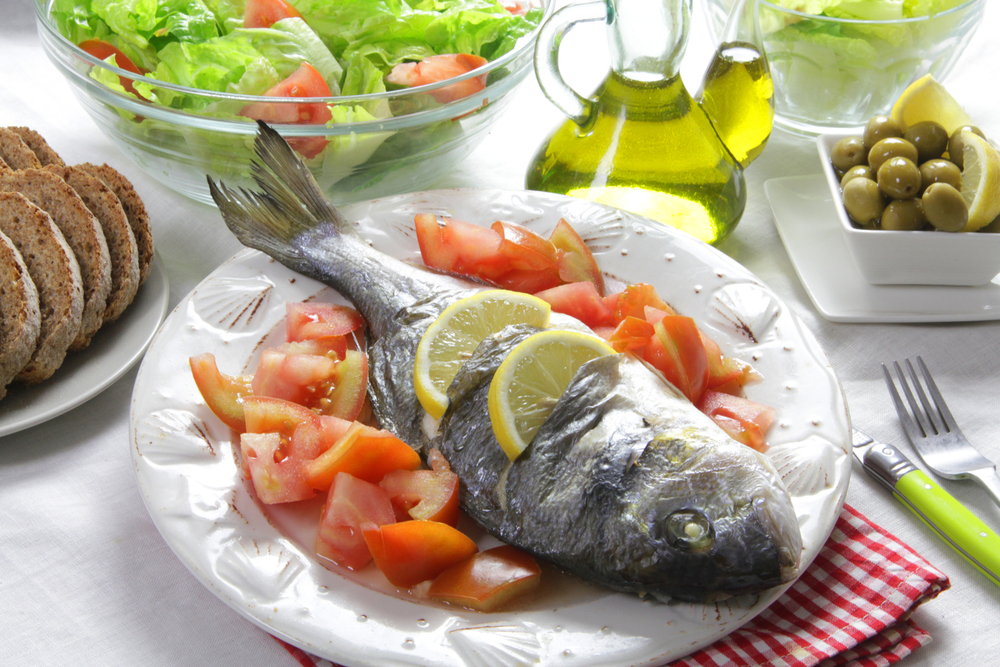Healthy Eating: Essential Foods for Your Mediterranean Diet Plan
Discover the core foods of the Mediterranean diet, emphasizing fresh vegetables, fruits, seafood, healthy fats, and whole grains. Learn which foods to eat regularly, in moderation, and which to avoid for optimal health benefits. This guide includes meal ideas and tips to adopt a balanced, flavorful Mediterranean lifestyle. Consult a specialist for personalized advice to enhance your well-being and enjoy a sustainable, nutritious diet rooted in regional culinary traditions.

Essential Foods for a Mediterranean Diet
The Mediterranean diet reflects the eating habits common in Greece, Italy, Spain, and other coastal regions around the Mediterranean Sea. Originating in the mid-20th century, studies showed that residents of these areas experienced fewer cardiovascular issues, prompting research into their dietary patterns. While regional preferences vary, the core principles remain consistent, emphasizing fresh, wholesome ingredients.
Fundamentals of a Mediterranean Eating Approach
Key components to include in your Mediterranean diet are:
Foods to consume regularly: Vegetables, legumes, whole grains, extra virgin olive oil, fruits & nuts, seafood, seeds, herbs, and spices.
Moderate intake foods: Eggs, dairy products like cheese and yogurt, poultry.
Occasional foods: Red meat.
Foods to avoid: Sugary desserts, refined grains, processed meats, refined oils.
To maintain a healthy Mediterranean diet, steer clear of processed and unhealthy options such as candies, sodas, white bread, canola, soybean, and cottonseed oils, trans fats like margarine, and processed processed meats like sausages and hot dogs.
Embracing regional diversity, the diet emphasizes plant-based foods, fresh seafood, and healthy fats. Key foods include tomatoes, leafy greens, apples, berries, beans, nuts, whole grains, various seafood, lean poultry, eggs, dairy, herbs, and natural oils. Staying well-hydrated with water, and optionally enjoying red wine in moderation, complements the diet. Coffee and unsweetened teas are also suitable choices.
A sample weekly meal plan offers guidance but should be tailored with professional advice to meet individual nutritional needs. Incorporate nutritious breakfast, lunch, and dinner options like Greek yogurt with berries, vegetable salads, seafood, and whole grains. Healthy snack choices include nuts, fruits, and vegetables.
Remember, consult a healthcare professional or dietitian before making significant dietary changes to ensure the plan fits your personal health profile. The Mediterranean lifestyle promotes longevity and reduced health risks through balanced eating habits.










